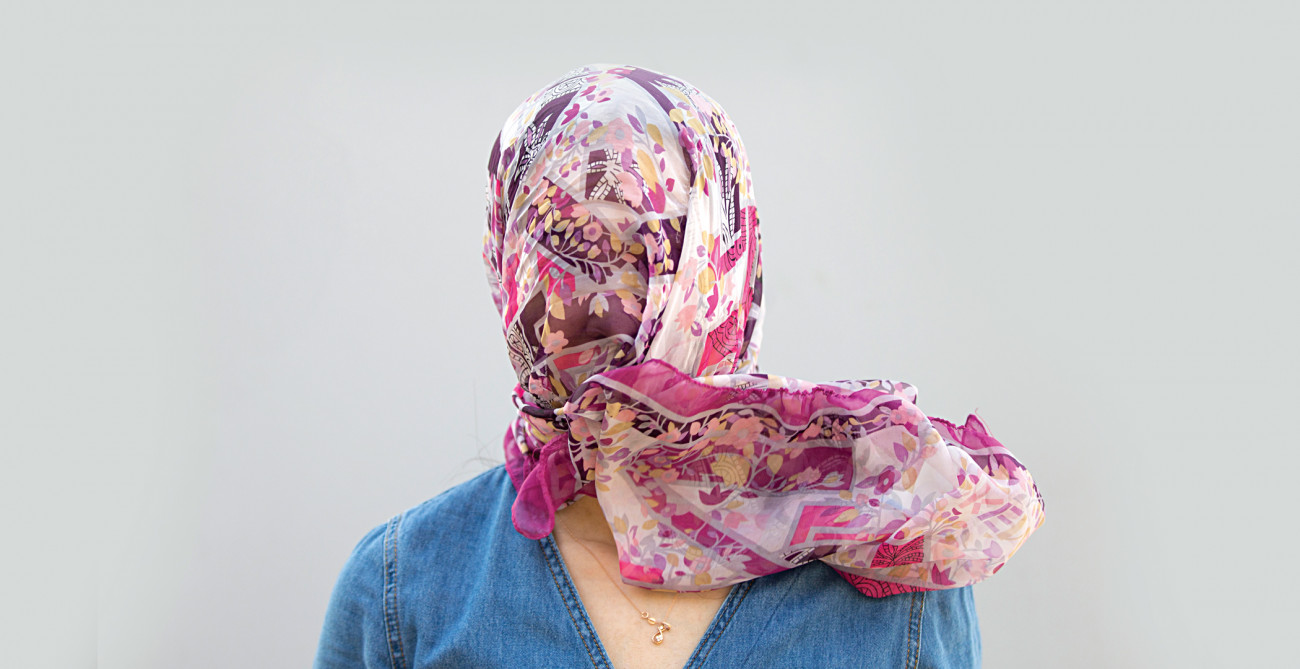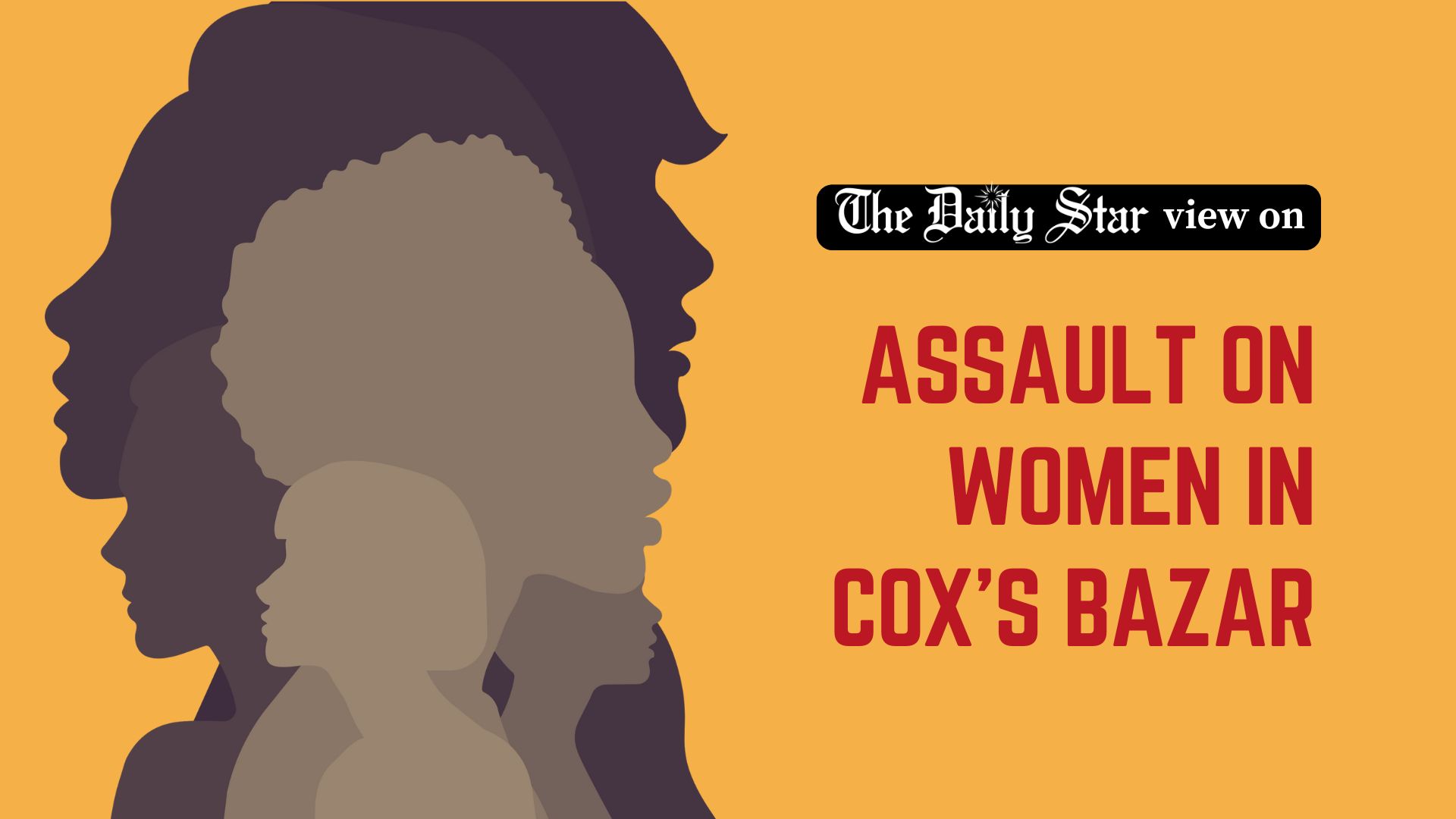Cox’s Bazar attacks reflect a sickness far from being cured

One of the most remarkable features of the student-led mass uprising was how easily women protesters could blend in with the crowd, reportedly without facing harassment from fellow protesters. Side by side with their male counterparts, we saw women and girls in all kinds of attire walking towards Shahbag and other areas to celebrate a people's victory. Throughout the movement, female students took an active role in chanting slogans and supporting their brothers.
Which is why the attacks on women in Dhaka and Cox's Bazar only a few weeks later and the way the attackers have shared their "crusade against immorality" on social media are all the more jarring. It also indicates a newfound boldness in moral policing, giving some credence to the idea that the end of the previous regime has further emboldened ultra-right groups. But it would also be disingenuous to suggest that such self-appointed defenders of propriety were not there before August 5.
For eons, women's conduct, what they should or should not wear, and which spaces they may or may not occupy have been the preoccupation of many self-righteous groups who justify violence against women as a way to "cleanse" society. By giving their opinions a religious tag, these groups or individuals have managed to get away with vicious assaults on women, both physical and verbal. The recent attacks remind us of the 2022 incident where both men and women assaulted a young woman at a railway station in Narsingdi for wearing "indecent clothes." The victim barely saved herself from the mob after managing to escape to the station master's room to take shelter.
In the recent incidents in Cox's Bazar, a young man named Mohammad Farokul Islam decided to take it upon himself to chastise women for being out alone on the beach or for wearing clothes he did not approve of. In one of the videos that went viral, Farokul, who falsely claimed to be a student coordinator, is seen holding a stick while his chums verbally abuse a woman and force her to do sit-ups while holding her ears. In another video, the same group approaches another woman sitting by herself on the beach and asks her what she was doing there so late at night, and then chases her away, after she said she was a tourist.
There are also clips of the same man repeatedly hitting a woman with a stick, and chasing women after dragging them down from a rickshaw. Another clip shows a terrified woman at a police box with Farokul where she is crying and telling the police that the attacker had taken her mobile phone. What is most frightening is the enthusiasm of the onlookers who are seen egging on the perpetrator. It was only after Environment Adviser Syeda Rizwana Hasan was informed of the incident by a female journalist, and after one of the victims found the courage to file a case against Farokul and six other men, that police arrested him. Before these incidents came to light, another man with the same intention of "cleaning the streets" of Dhaka posted a video of him chasing a sex worker and beating her with a pipe.
Disturbingly, both this man and Farokul were proud of their heinous actions. They announced what they were about to do on Facebook and later uploaded and shared videos of their deeds on social media themselves. In an opinion piece in Prothom Alo, Qurratul-Ain-Tahmina describes how brutally some sex workers have been beaten in various areas of Dhaka by men armed with sticks. They also robbed them and threatened them so they wouldn't report these incidents. the pictures she took of the victims show the severity of their injuries. One of the victims was eight months pregnant.
This raises the question: who gave these men the right to humiliate and assault these women? Why were they so confident that in some cases they publicised their acts, thinking them to be "good deeds?" Clearly, these men committed heinous crimes. But in a society in which misogyny in the name of religious piety has become entrenched, how likely is it that they will be punished?
Members of the "moral police"—both men and, unfortunately, women—feel entitled to humiliate and even physically assault women who they think are not conforming to their idea of how a "good girl" should carry herself. Social media is the most popular place for this hatred for women to be displayed. The vulgar and abusive remarks in the comments section of posts or videos in which women are featured or talked about give an idea about the perverted obsession with females and their bodies among certain groups of people.
This year alone, around 250 women were raped between January and June, according to Ain O Salish Kendra. Fourteen victims were killed, and three died by suicide after rape.
On August 5, there were among the revellers thousands of women and girls who thought the country was finally free from all kinds of repression. Perhaps they forgot for a few moments that freedom is selectively distributed, and seldom are women part of the deal. We still live in a society that is far from being free from the regressive notions of the past. A 70-year-old woman being gang-raped near Dhaka University, a 19-year-old being raped on a moving bus in Chattogram, and women being beaten and humiliated on the city streets and the sea beach—these incidents just weeks after August 5 don't give us any reason to believe otherwise.
Aasha Mehreen Amin is joint editor at The Daily Star.
Follow The Daily Star Opinion on Facebook for the latest opinions, commentaries and analyses by experts and professionals. To contribute your article or letter to The Daily Star Opinion, see our guidelines for submission.




 For all latest news, follow The Daily Star's Google News channel.
For all latest news, follow The Daily Star's Google News channel. 


Comments